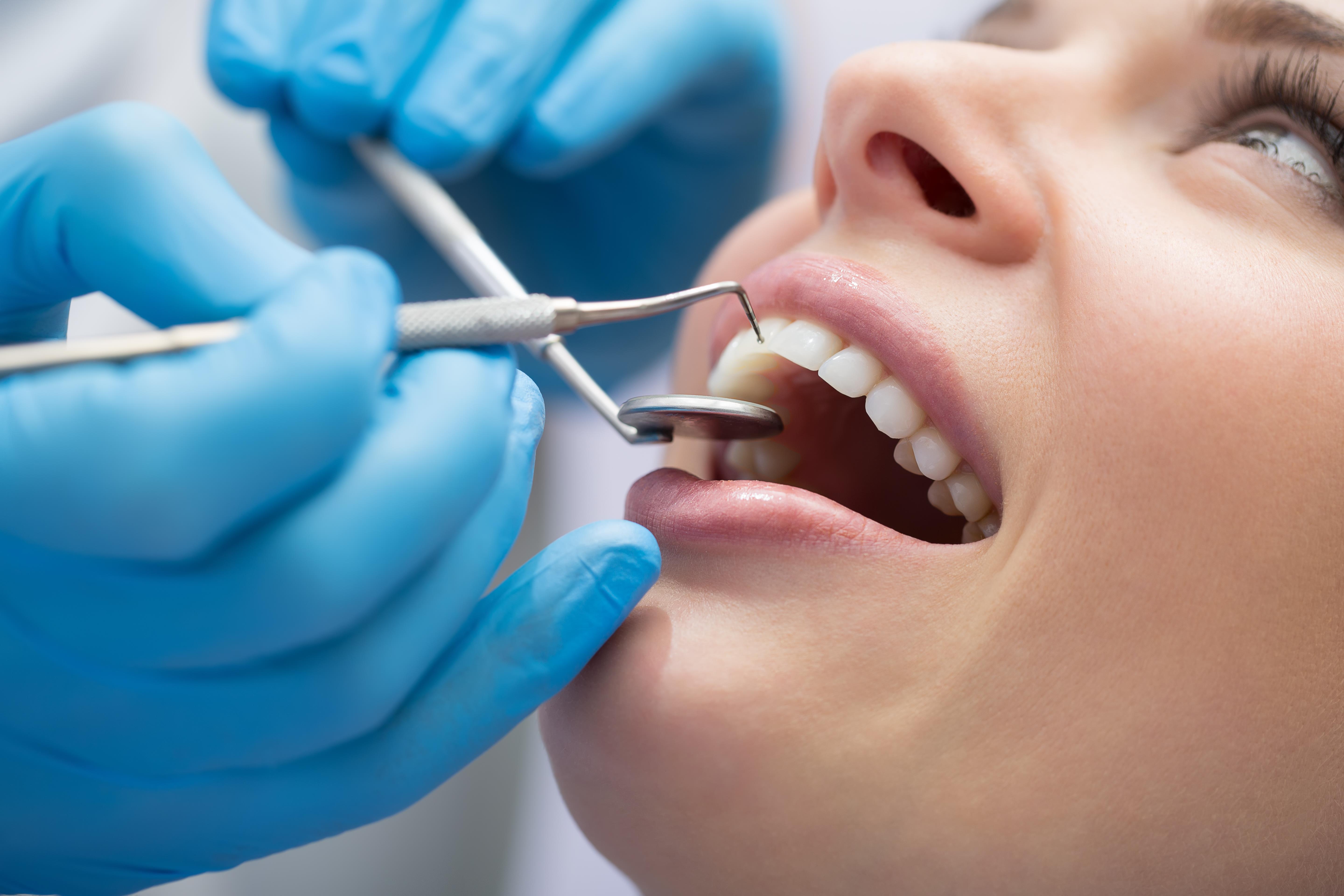Dentistry
Dentistry is a healthcare profession that focuses on the diagnosis, treatment, and prevention of oral diseases and disorders. Dentists, also known as dental surgeons, are responsible for maintaining and improving the oral health of their patients. They provide a wide range of services, including regular check-ups, restorative procedures, orthodontics, oral surgery, and oral health education.
Picture Credit: Consumer Guide to Dentistry
What You’ll Learn in a Dentistry Degree
A dentistry degree, often referred to as Doctor of Dental Medicine (DMD) or Doctor of Dental Surgery (DDS), provides a comprehensive education in oral health. Here are some key areas of study and skills you can expect to acquire:
Oral Anatomy: Understanding the structure and function of the oral cavity, including teeth, gums, and surrounding tissues.
Oral Pathology: Diagnosing and treating oral diseases, infections, and conditions.
Dental Radiology: Learning to interpret dental X-rays and use radiographic techniques for diagnosis.
Restorative Dentistry: Acquiring skills in repairing and restoring teeth, including the placement of fillings, crowns, and bridges.
Periodontics: Studying the diagnosis and treatment of gum diseases and conditions.
Endodontics: Learning root canal therapy to treat diseases and infections of the dental pulp.
Orthodontics: Understanding the alignment of teeth and jaws, including the use of braces and other orthodontic treatments.
Prosthodontics: Exploring the design and fitting of dental prosthetics, such as dentures and implants.
Pediatric Dentistry: Gaining expertise in providing dental care to children and adolescents.
Oral Surgery: Developing skills in performing extractions, oral surgery, and minor surgical procedures.
Oral Medicine: Diagnosing and treating oral diseases, including oral cancers and disorders.
Oral Health Promotion: Learning strategies for educating patients and promoting oral health.
Ethics and Professionalism: Understanding the ethical responsibilities of a dentist and maintaining professional standards.
Clinical Training: Gaining hands-on experience in clinical settings, where you perform dental procedures under supervision.
Pathways to Study Dentistry
The pathway to studying dentistry can vary depending on the country. Here are the general steps to pursue dentistry in the U.S., UK, and Australia:
United States:
- Undergraduate Education: Complete a bachelor’s degree with prerequisite courses in sciences (biology, chemistry).
- Dental Admission Test (DAT): Take the DAT, a standardized test for dental school admission.
- Dental School: Apply to dental schools and complete a Doctor of Dental Medicine (DMD) or Doctor of Dental Surgery (DDS) program.
- Clinical Training: Gain clinical experience during dental school through patient care and clinical rotations.
- Licensure: Pass the National Board Dental Examinations (NBDE) to become eligible for state licensure.
- State Licensure: Obtain a state dental license by passing a state board exam.
- Optional Postgraduate Training: Consider postgraduate specialties or residencies in areas like oral surgery or orthodontics.
United Kingdom:
- Pre-University Education: Complete A-levels or an equivalent pre-university program, preferably with science subjects.
- Dental School: Apply to dental schools in the UK and complete a Bachelor of Dental Surgery (BDS) program, typically lasting five years.
- Clinical Training: Gain practical experience and clinical training throughout the BDS program.
- Registration: Register with the General Dental Council (GDC) to practice as a dentist in the UK.
Australia:
- Pre-Dentistry Education: Complete a bachelor’s degree or a pre-dentistry program that fulfills prerequisites.
- Admission Test: Sit for the Graduate Australian Medical School Admissions Test (GAMSAT) or an equivalent admission test.
- Dental School: Apply to dental schools offering the Bachelor of Dental Surgery (BDS) or Doctor of Dental Medicine (DMD) program.
- Clinical Training: Gain practical experience and clinical training during the dental program.
- Registration: Register with the Dental Board of Australia to practice as a dentist.
